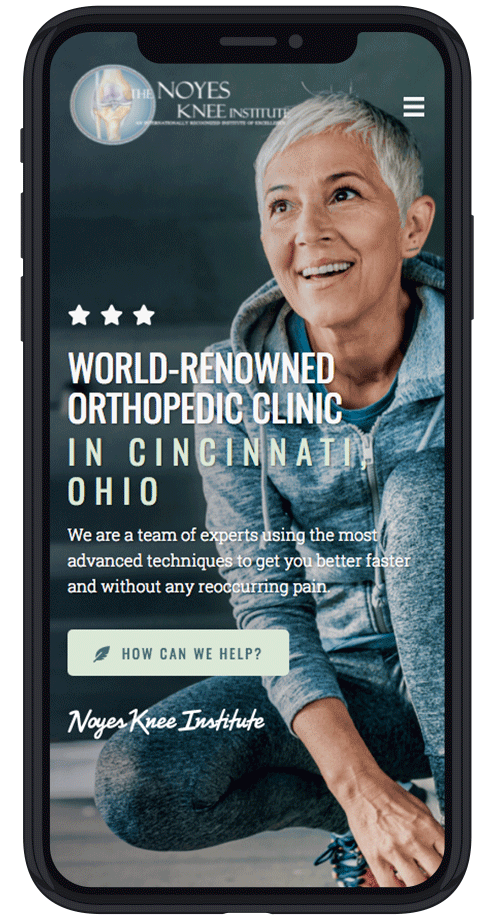Published On
Category
Robotic knee surgery may sound like a medical procedure from the distant future, but robot-assisted surgeries have already been practiced for several years. Don’t worry, your knee surgeon is not a robot. Skilled orthopedic surgeons still perform Robot-assisted procedures. A robotic arm is used to help the doctor by providing greater precision.
Advancements in Orthopedic Technology
Robotic-assisted surgery is one of the many ways technology is helping to advance the field of medicine. Prior to robotic knee surgery, technicians use a traditional CT scan to create a 3D model of the injured knee. A 3D model provides a more accurate visual aid, showing surgeons exactly where corrections are needed and where knee implants should be placed. During the surgery, the robotic arm uses information from the 3D model to “pave the way” for the surgeon, essentially helping to protect surrounding tissues from being accidentally damaged.
Benefits of Robotic Knee Surgery
Because the techniques are still relatively new, there are not yet any studies on the long-term benefits of robotic-assisted surgery. However, the short-term benefits are significant and include:
- Faster recovery time, potential to cut the traditional 4 to 6-week recovery time in half
- Smaller incisions and greater precision means less tissue is disturbed, so less healing is required
- Customization allowed by the 3D model provides a more natural fit and feel for patients receiving knee implants
- Greater accuracy opens the door to providing implants for younger patients (knee replacement is currently only recommended for patients 60-years old or older)
With robot-assisted surgery, patients receive the best of two worlds. They can rely on the skill of an experienced knee surgeon and benefit from technological advancements.
Are You a Candidate for Robotic Knee Surgery?
If your doctor believes you’re a good candidate for traditional surgery, chances are high you’ll also be a good candidate for robot-assisted surgery. However, it is always preferable to try and address knee pain and injury through non-surgical treatments first. Before scheduling surgery, your knee surgeon may recommend the following:
- Weight loss
- Anti-inflammatory medications
- Knee injections
- Physical therapy
- Lifestyle changes
Complications with knee surgeries are rare, but every surgery comes with some risk. Experts are hopeful that the greater precision provided by a robotic arm can reduce the risks even further. Due to the potential for complications—even though they are slight—surgery is always considered the last alternative after non-invasive treatments have failed.
Questions to Ask Your Knee Surgeon
If you and your doctor are discussing the possibility of knee surgery, don’t hesitate to ask about the benefits and risks of robot-assisted surgery. Dr. Noyes is always happy to educate his patients about recommended procedures and answer any questions. We want you to feel confident about your treatment options.
Some of the most common questions we hear at The Noyes Knee Institute pertain to surgery length, post-surgery pain management, and recovery time. Of course, there is no one standard answer. Every patient is unique; their injuries and medical needs deserve individual consideration. Contact us today for more information about robotic-assisted knee surgery.

